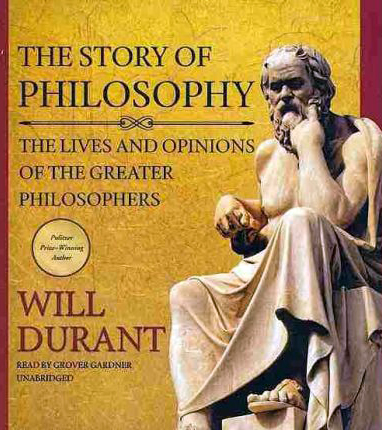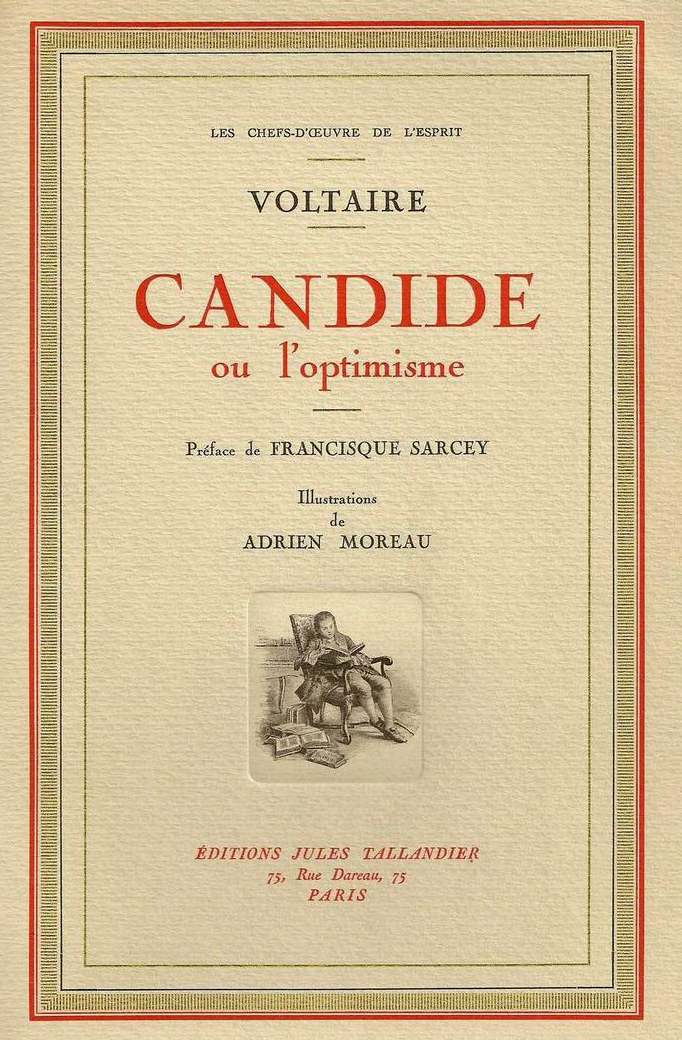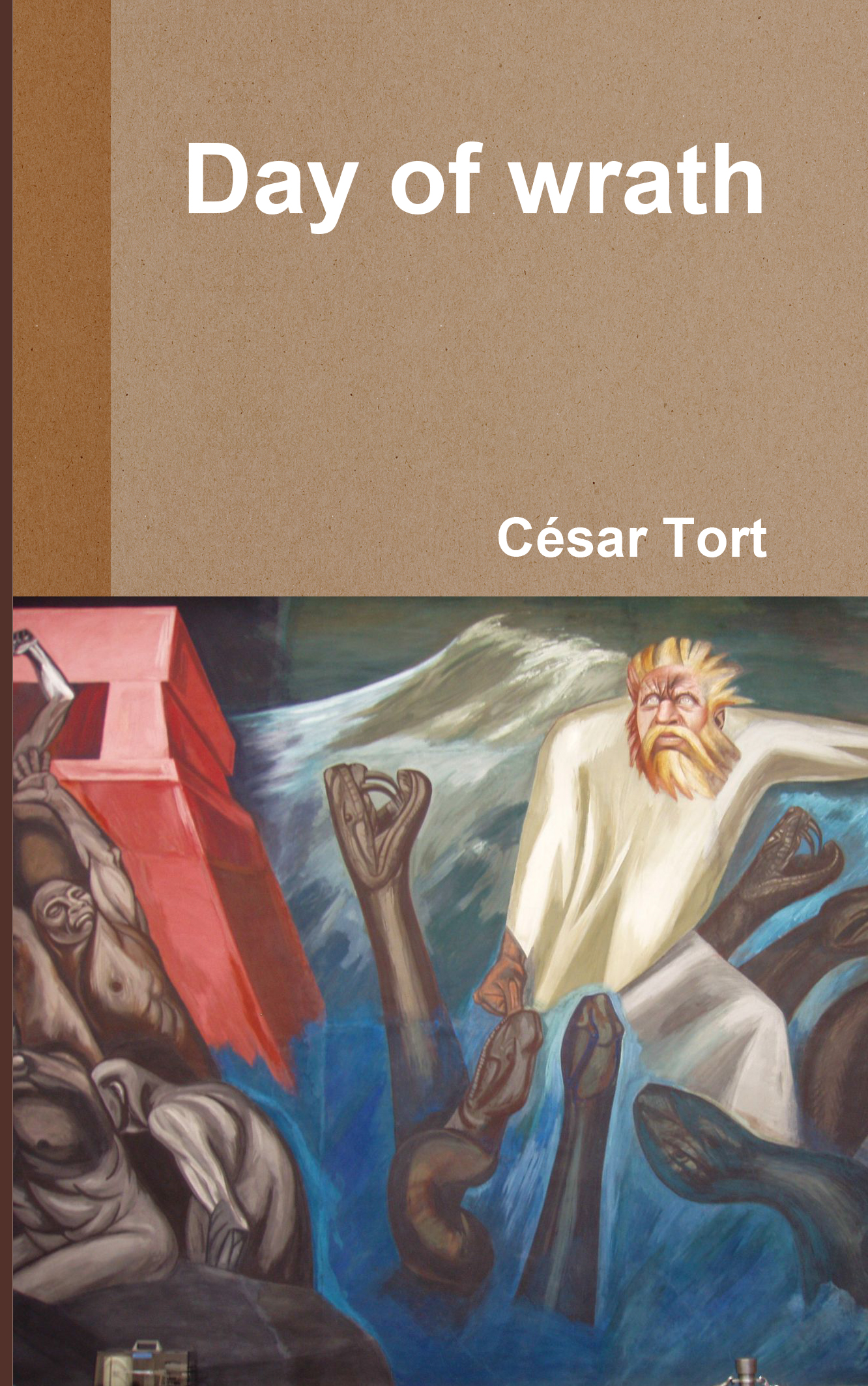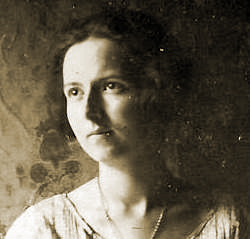by Ferdinand Bardamu
 Karl Marx, chief interpreter of the “Protestant Aquinas”
Karl Marx, chief interpreter of the “Protestant Aquinas”
Marxist ideology is neither rationally explicable nor empirically verifiable. This means that Marxism is not subject to revision when its prophecies fail to materialize, or its cardinal doctrines are disproven; instead, like the Christian religionist, the Marxist ideologue is forced to engage in mind-numbing apologetics to maintain a thin veneer of ideological respectability. Despite claims of being “scientific,” Marxism requires a rigid doctrinal orthodoxy that demands excommunication of heretics who deviate from the established creed. Marxism is, in fact, a neo-Christian religious cult with its own prophets, saviors, holy books, holy days, and holy sites, as well as sacred rituals and devotional music.
Marxism shares the same basic doctrines as Christianity, albeit in materialist garb. The Garden of Eden finds its Marxist counterpart in the egalitarian social arrangement preceding the rise of civilization. The Fall from paradise occurs with Adam and Eve’s disobedience; in the Marxist worldview, the Fall occurs with the introduction of the division of labor. In Christianity, there is the devil; in Marxism, the villain is the capitalist. Marx’s historical materialism is merely the eschatological framework of Christian orthodoxy in secularized form. In Christianity, god works through history to redeem the elect. This leads to an apocalyptic showdown between the forces of good and evil, the millennial reign of Christ, and the re-establishment of utopian conditions on earth. The same teleological view of history is found in Marxist ideology. The internal contradictions within the flow of capital resolve themselves in favor of proletarian liberation from capitalist exploitation. The continuous valorization and concentration of financial resources in the hands of the capitalist, combined with the “immiseration” of the proletariat, generate apocalyptic conditions or “revolution.” This leads to the overthrow of the capitalists, seizure of the means of production, dictatorship of the proletariat and finally, the establishment of communist paradise at the end of history.
Marx’s vision of history is so deeply rooted in Christianity that his philosophy would be more accurately classified as a branch of liberal Protestantism. This would situate Marx within a Christian theological tradition beginning with the Jew Saul of Tarsus. Even Marx’s atheism does not exclude him from the Christian tradition; the dialectic in Marx’s philosophy of history possesses the same function as the triune godhead of Christianity; both are abstract agencies whose purpose is to bring the salvation plan of history to its final consummation in apocalyptic conflict, returning all humanity to an imagined golden age that once existed in the remote past. Marx, like the primitive Christians and their Reformed inheritors, takes the anticipatory view of human spiritual equality to its final logical conclusion.
From whence does Marxism acquire its character as a secularized version of the Christian gospel? The philosophical method of dialectical materialism, the cornerstone upon which the entire edifice of “scientific” socialism was constructed, is derived from Hegel’s use of dialectic in Phenomenology of Spirit. Hegel, called the “Protestant Aquinas” because of his systematization and unification of a wide variety of topics in philosophy and Christian theology, first conceived of dialectic in his early theological writings. According to the philological and historical evidence, Hegel, after having spent years immersing himself in St. Paul’s Letters as a Protestant seminarian, appropriated the term Aufhebung from Luther’s commentary on Romans. This was Luther’s translation of the messianic term katargesis in the Pauline epistles. Hegel made the term the fundamental axis of his dialectic because Luther’s use of Aufhebung had the double meaning of abolishing and conserving, like its koine Greek equivalent katargesis.
Of greater significance is Hegel’s use of Protestant trinitarian theology to elucidate the underlying structure of objective reality. For Hegel, the Absolute is the complete totality of everything in existence; if this is considered as a unity, the Absolute is god, or the self-consciousness of the universe. The world of sense and experience is necessarily triadic because, as Absolute Mind, it reflects the trinitarian structure of the Christian godhead. This makes everything in the known universe amenable to rational explanation. “Mystery” has no place in Hegel’s version of Protestant theology because faith has been replaced with knowledge.
Hegel’s logical system is divided into three parts, each corresponding to the three persons of the trinity: I. Logic II. Nature III. Spirit. These are each further subdivided into three more categories and so on, reflecting Hegel’s belief that any systematization of philosophical and theological knowledge must faithfully mirror the underlying triadic structure of objective reality to achieve some degree of rational coherence. Even Hegel’s dialectical method, the cornerstone of his philosophy, is triadic in structure. The dialectic has three “moments”: (1.) a moment of fixity; (2.) a dialectical or negatively rational moment and; (3.) a speculative or positively rational moment.
In Hegel’s dialectic triad, a fixed concept (first moment) becomes unstable because of a one-sided or restrictive character (second moment). In the process of “sublation” (or Aufhebung), the concept of the first moment is overcome and preserved, but an inherent instability within the concept leads to the creation of its direct opposite. In the third moment, a higher rational unity emerges from the negation of the original negation. Hegel’s teleological vision of the historical process unfolds according to this three-stage dialectical process of contradiction, sublation and unity of opposites.
This system is by no means strictly deterministic; in Hegel’s view of history, the trinitarian god is revealed as transcendent in the dynamic relationship between historical necessity and contingency, which subsist as overarching unity on a higher rational plane of existence. Without this crucial ingredient of contingency, the telos of history would remain outside humanity’s grasp, frustrating the divine plan of a trinitarian god who reveals himself through the logic of the historical dialectic. The Hegelian telos is the universal self-realization of freedom through the historical development of man’s consciousness of the divine, attaining its highest stage of fulfillment in the elimination of all Christian “mysteries” through complete rational self-knowledge of god. Given the role of freedom in this dialectical view of history, the pivotal significance of the Protestant Reformation for Hegel is easily comprehended. Luther’s iconic enunciation of the doctrine of universal priesthood, combined with his repudiation of medieval ecclesiastical authority, meant that freedom was on the threshold of achieving full actualization within the historical process as a universal phenomenon, bringing us further toward the telos of history in modern times.
Like St. Augustine’s linear view of history in City of God, Hegel’s view is also fundamentally Christian, permeated by the eschatological and soteriological elements of Protestant orthodoxy. The central miracle of Christianity, the Incarnation or Logos made flesh, is further reflected in the unfolding of the historical dialectic. The dialectical overcoming of particularity and universality, finite and infinite at the end of history, when man achieves rational self-knowledge of the absolute, is patterned on the Incarnation, or the dialectical overcoming of the opposition between god and man. The self-manifestation of god in the historical process makes man co-agent in the divine plan of post-historical redemption. This occurs despite man’s alienation and estrangement from god. The “unhappy consciousness,” yearning for god, finally becomes aware of his individual co-agency in god’s plan of universal salvation and achieves liberation from despair. This realization, which is really a collective one, ushers in the end of history by ensuring man’s salvation through the establishment of god’s kingdom on earth.
For Marx, the Hegelian dialectic suffered from an internal contradiction. The logic of dialectic presented human history as an evolutionary process, one of constant motion and change, with no final, absolute form. Yet paradoxically, the laws of dialectic that structured historical development within Hegel’s idealist system were absolutes in a system that was itself final and absolute. How was this contradiction to be resolved? “With [Hegel],” Marx wrote in Das Kapital, “[the dialectic] is standing on its head. It must be inverted, in order to discover the rational kernel within the mystical shell.” Inversion of Hegel’s speculative idealism resolves this internal contradiction by recasting the logic of evolution as an open-ended process. The materialist dialectic replaces the idealist teleological-conceptual framework of Hegel’s system with an evolutionary form of human social and biological development. Nothing is absolute in Marx’s system, except the need for continuous dialectical progression through contradiction and unity of opposites. If all substantial being is relative and transitory, it follows that the laws of dialectic can only be applied to it in a relative fashion. If evolution is a continuous and open-ended process, no idealist resolution of its objective material contradictions is possible without fetishizing them as part of some hermetically sealed, closed system. Thus, Marx’s inversion of the dialectic rescued it from Hegel’s absolute Christian idealist framework, giving it a thoroughly natural, anthropological foundation within an evolutionary materialist framework. With a materialized dialectic, Marx was able to formulate a philosophical methodology that could analyze capitalist economic relations from a scientific perspective.
The eschatological conceptualization of history as both linear and teleological is a uniquely Judeo-Christian “contribution” to Western culture. This replaced the earlier Greek view of history as a cyclical process. Hegel translated the eschatological framework of Lutheran Protestant theology into a well-organized philosophical system. The laws of dialectic were simply contradictions within the Christian narrative of redemption. The Marxist theory of historical materialism assimilated this Christian eschatological framework, in “demystified” and rational form, precisely because its philosophical methodology incorporated Hegel’s dialectic as the motor force of historical development. Thus, we have primitive communism for the Garden of Eden, capitalist oppressors for the devil, man’s self-alienation for the effects of original sin, a classless society for the kingdom of god and so forth. In Marx’s secularized Protestant theology, historical evolution proceeds by way of class conflict, leading to proletarian emancipation and communist paradise. In Hegel, man achieves rational self-knowledge of god, whereas for Marx, man achieves rational self-knowledge of himself at history’s end, which is really the beginning of man’s “true” history according to the Marxist plan of salvation.
Marx’s philosophy, when stripped of all socio-economic elements, is the trinitarian and Christological dimension of Hegel’s speculative Protestant rationalism in materialist form. The eschatological and soteriological framework of orthodox Christianity remains intact, although secularized and inverted. Like every good Protestant, Marx acknowledged the influence of the Reformation upon his own ideas, tracing his revolutionary pedigree through Hegel to the renegade monk Luther.
The global dissemination of Marxism has revealed Karl Marx as one of the most influential Christian theologians after St. Paul. This neo-Christianity is potentially even more destructive than the patristic Christianity that infected and nearly exterminated the Western civilization of antiquity. Economic Marxism has killed an estimated 100 million people in the 20th century; if trends continue, cultural Marxism will lead to the civilizational and cultural extinction of the West.
 There is a pleasure in philosophy, and a lure even in the mirages of metaphysics, which every student feels until the coarse necessities of physical existence drag him from the heights of thought into the mart of economic strife and gain.
There is a pleasure in philosophy, and a lure even in the mirages of metaphysics, which every student feels until the coarse necessities of physical existence drag him from the heights of thought into the mart of economic strife and gain.





